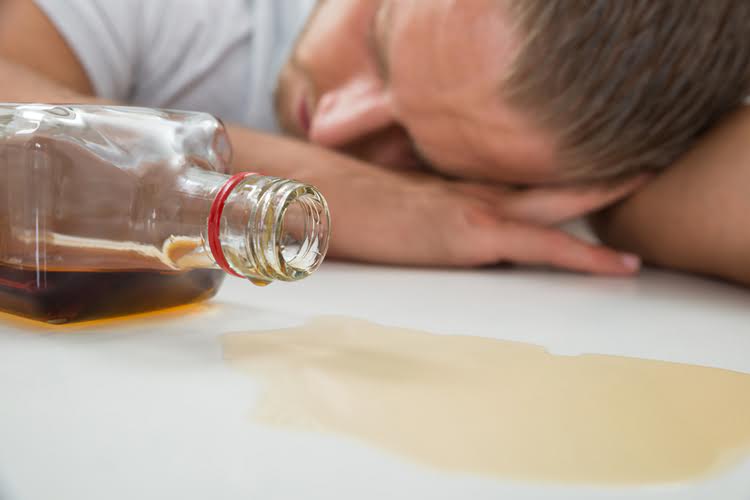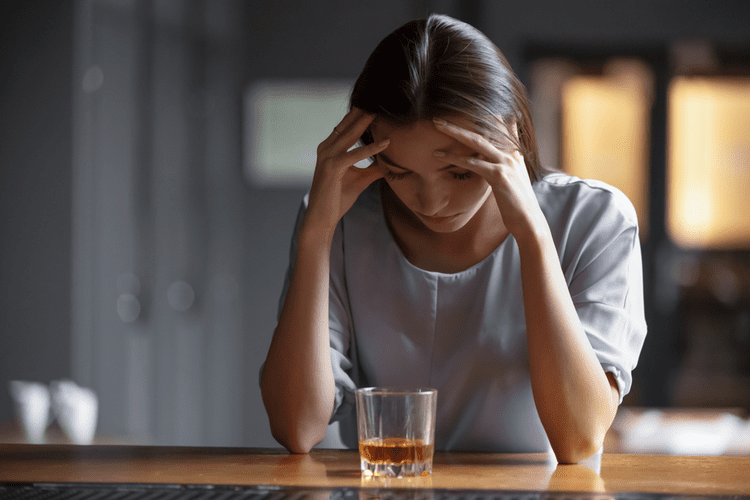Physically, it implies your body is free from addictive substances. This aspect is often the initial focus in drug rehab and the recovery process. It involves managing your emotions and reactions in a healthy way without resorting to substance use. This includes developing coping strategies for stress, enhancing communication skills, and building a supportive network that encourages your journey. Preparing http://www.kosmopolit.ru/forum/12/5610/ for a sober lifestyle requires commitment, support, and a plan for identifying and coping with triggers and stressors. Getting sober is a journey; taking it one day at a time is necessary.
- If you’re starting to wonder whether giving up drinking might have a positive impact on your life, know that you’re not alone with these thoughts.
- Some ways to do this include setting goals, finding a passion or hobby, volunteering, and building meaningful relationships with others.
- Over the last five years, 127,419 people statewide were stopped for driving while impaired.
- Random acts of kindness have several positive benefits, including increased feelings of self-worth and reduced anxiety and depression.
- It’s not just your drinking buddies and drug dealers who can get you into trouble—sometimes those who are closest to you can contribute to a relapse.
- If you yearn to get outdoors, engage in physical activity, try new, exciting things, and enjoy fantastic food, look into hiking in the Balkans or the Camino de Santiago in Spain.
Are Your Parents to Blame for Your Addiction?

To avoid a relapse at this stage, your mental health is vital. That said, there are four general stages of recovery, as compiled by addiction expert Steven M. Melemis, MD. These stages can help prevent relapse and support people to live healthier, fuller lives.
Drugs & Supplements
Embarking on the journey of sobriety isn’t just about saying no to substances; it’s a transformative process that touches every aspect https://www.panvasoft.com/rus/blog/234/ of your life. From the physical to the emotional, the path to sobriety reshapes your relationships, mental health, and overall well-being. It’s a commitment to personal growth and freedom that requires dedication, support, and the right therapeutic interventions. Remember, sobriety isn’t a destination but a journey of continuous self-discovery and improvement. With each step, you’ll find yourself enjoying clearer thoughts, healthier relationships, and a deeper sense of control over your life.
Step 5: Choose the Appropriate Therapy

Healthcare professionals have found that choosing sobriety can lengthen your life, improve your relationships, and increase your energy. There are infinite reasons why pursuing long-term recovery and sobriety can be the best choice for someone struggling with drug or alcohol use. Pursuing a life of sobriety should be celebrated, and each person will have their reasons for committing to a drug and alcohol-free life. Finding the right fit in a treatment program to overcome substance use disorder https://acousticlyrics.ru/1996-music/ is vital to your recovery. Expecting long-term recovery to be easy can cause you to set unrealistic expectations or be ill-prepared to cope with the continued effects of substance use disorder in daily life.
- These strategies have proven to be successful in my sober living.
- The road might be long and winding, but the rewards of sobriety—improved health, strengthened relationships, and newfound confidence—are well worth the effort.
- As stated above, support can help the individual stick to treatment through the duration of the program.
- In the past, people believed that you had to “hit bottom” before you could successfully recover.
What Are the Most Treated Addictions?

Recovery from AUD is marked by stages of abstinence, withdrawal, repair, and growth. While the process may take several years, the outcome is a happier, healthier life where you have the freedom to fulfill your full potential. While the abstinence stage of withdrawal causes mostly physical symptoms, post-acute withdrawal is very psychological and emotional. Her work spans various health-related topics, including mental health, fitness, nutrition, and wellness.
- Being sober empowers you to take control of your relationships, physical and mental health, and ambitions.
- Clinical evidence suggests that the most common causes of relapse during this stage are neglecting self-care or not attending self-help groups.
- Support isn’t just needed to get a person started on the path to recovery from addiction.
- These can range from joining a sports team, picking up an art class, to volunteering in your community.
- If it seems like some people can’t catch a break when it comes to breaking free of their addiction, according to science, many people have their genetics to blame.
- People in recovery can experience a lot of shame simply for having become addicted in the first place.




